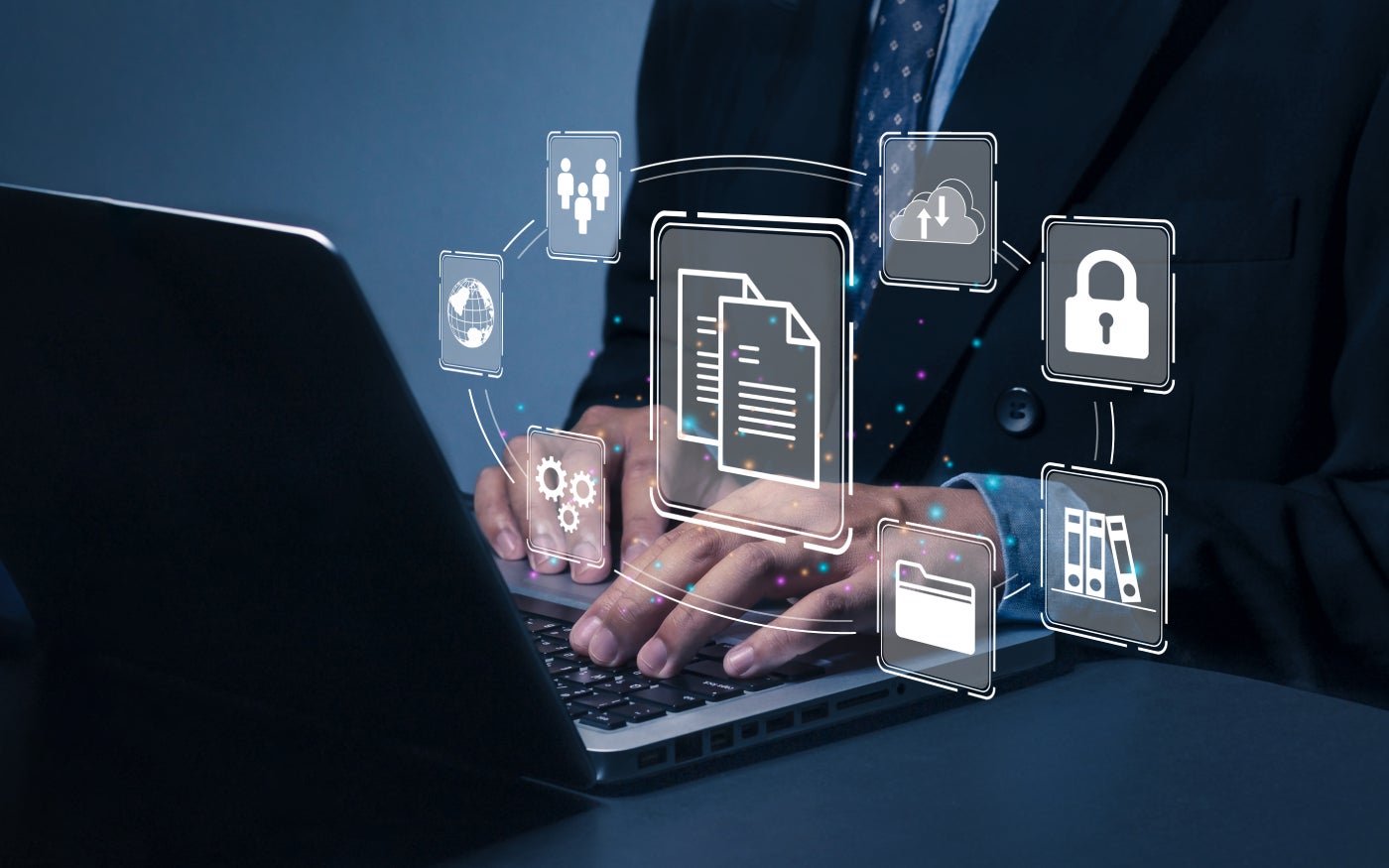COVID-19-induced remote work blurred the lines between work and home, so eschew the six-day work week that’s been so invasive and take an actual much-needed break.
Image: Sophia Zerilli
The holiday season is the reason for a lot of things, but it is critically a time to relax, take a break, eat well, and visit (virtually) with extended family and friends. This week, take a deep breath and a leap of faith and unplug from the tech that ties you to work.
Remote work has proven less liberating than many anticipated. When businesses rushed to help slow the spread of the coronavirus and sent staff to work from home, the focus was almost exclusively on making a smooth transition from the office to the home, and the machinations of dealing with hardware, software, and servers. The actual day-to-day activities and responsibilities creeped up quickly. The popular identity and access management company Okta recently reviewed how the prevalence and easy access to work-related apps have kept workers signed on way beyond the parameters of a regular work day.
In general, remote workers can set their own schedules and prioritize responsibilities. Early in the pandemic, reports surged claiming that without a commute, and the increasingly blurred lines between work and home, work was just there, always available.
Work connectivity apps (Slack, Zoom, Google Workspace, etc.) are no longer just accessed by remote workers on desktops, but on tablets and smartphones, too. Okta used its Okta Integration Network (OIN) to examine how organizations employ new apps and address the increasing adoption of existing, but always-advancing technologies to improve productivity and secure their remote workforce. OIN has nearly 8,000 customers and more than 6,500 integrations with cloud, mobile, and web apps, as well as IT infrastructure providers.
Don’t let what happened on Thanksgiving (in which Okta found less people unplugged in 2020 than 2019; there was an increase in logins to work apps) happen over the winter break.
SEE: TechRepublic Premium editorial calendar: IT policies, checklists, toolkits, and research for download (TechRepublic Premium)
Okta also found that “six months into the pandemic, we’re starting our days earlier and logging off later. Okta’s data revealed how employees were faring six months into the pandemic: They’re signing on earlier and earlier, with a 26% increase from pre-COVID logins occurring at 4 a.m., 23% at 5 a.m., and 22% at 6 a.m. Though logins dropped in the afternoon, they picked back up later in the evening, with a 30% increase from pre-COVID logins at 1 a.m. and 34% increase at 2 a.m.
TechRepublic consulted with experts who provided insights and advice for the many remote employees burdened by a difficult year.
The invaluable unplugging
If there ever was a holiday season to turn off work-related tech, it’s 2020, a year filled with uncertainty, tension, fear, and the coronavirus. Nearly all the experts agree that it’s critical to inform everyone you work with–starting with a friendly but firm email to your office, then via an automatic vacation reply notice to anyone who sends you an email and parameter-less auto replies on apps you use for work (i.e. Slack). Talk to colleagues and family about your plans to unplug for the holidays and stick to those plans. Creating expectations with others will make it easier to follow through. Make sure your notices are working throughout your time off, until you return to the office.
Why unplug?
“Because, of all years, we’ve all seen a lot of disruption in 2020,” said David Karandish, CEO of Capacity, a helpdesk automation company powered by artificial intelligence (AI).
“This past year was incredibly difficult on so many individuals’ mental health and has led many people to experience burnout,” said Romy Newman, president of Fairygodboss, a jobs website geared toward women.
“Taking time to rest and recharge is important all the time and especially this year as 2020 has proven to be one of the most taxing on people’s mental health,” said Sharon Patterson, executive vice president of human resources at LHH, an outplacement and HR consulting company. “Taking time to step away from the ‘office’ is not only beneficial but a necessary precaution against burnout. Resting now will allow workers to return to work feeling refreshed, energized, and allow everyone to better focus on work-related tasks.”
“It’s important to set boundaries and take time for yourself and your family, especially coming after a demanding year that has blurred the lines between work and home life, causing many people to feel like they were always on the clock,” said Shana Simmons, general counsel at the legal tech company Everlaw, a cloud-based ediscovery software company.
“Unplugging, not just from work, but from all media, can provide a much-needed refresh” said Heather Myers, chief psychology officer of Traitify, a personality assessment company. “Unplugging from work during the holidays is much harder when your home has been a makeshift workplace for months. The holidays are a perfect time to change up your routine and hit reset on a difficult year.”
“This year it’s especially important” said John Evarts, president and COO of Mediafly, a tech company. “We must take time for ourselves, and the holiday season presents a natural time to reflect on the year and look forward to a new year.”
How to unplug
It’s very tempting to “just check what’s going on,” but don’t do it. These suggestions tell you how to truly unplug.
“Try to keep your computer in a separate room and turn off push notifications if you often check your emails on your phone,” Patterson said. “If you do find yourself having to be online during the holidays, try and set a specific time to check your emails rather than checking them throughout the day. This will help set boundaries in your mind and let you fully enjoy the time away from your screen. Turn on your out-of-office feature on your email to let people know that you are not checking messages regularly.”
“Getting outside is my favorite way to unplug, away from the computer and maybe there isn’t cell service if I’m hiking,” Simmons said. “It’s the best way to spend time with family but also take time for myself in the evenings and afternoons.”
“If you’re worried you might feel the temptation to check things on your phone, delete the apps altogether for the time being,” Newman offered.
“I try to practice an ‘Email/Slack Sabbath,’ [which is] 24-hours a week of unplugging, Karandish said. The holidays [can be] an extended version of this.” Schedule “the holidays with activities to take your mind as far from the ‘office’ as possible.” Pack away your at-home [work] “set-up so you won’t be tempted to jump in and just check a few emails over the break. Make it as hard as possible for yourself to check in, and you’ll find it easier to unplug.”
For household events like meals and movies, Myers suggested that everyone put all their devices into a basket/box and put it into the other room. She also recommended taking “a full break from social media,” and added, “Leave behind the doomscrolling in 2020, where it belongs.”
To unplug, “we need to be very intentional about it and be good to ourselves, understanding that the situation we’re in right now is not like a light switch or something that we can turn on and off,” Evarts said. “For this reason, we must be patient with ourselves. Learn new behaviors to adjust to this time. We won’t immediately feel as if we’re turned off.”





